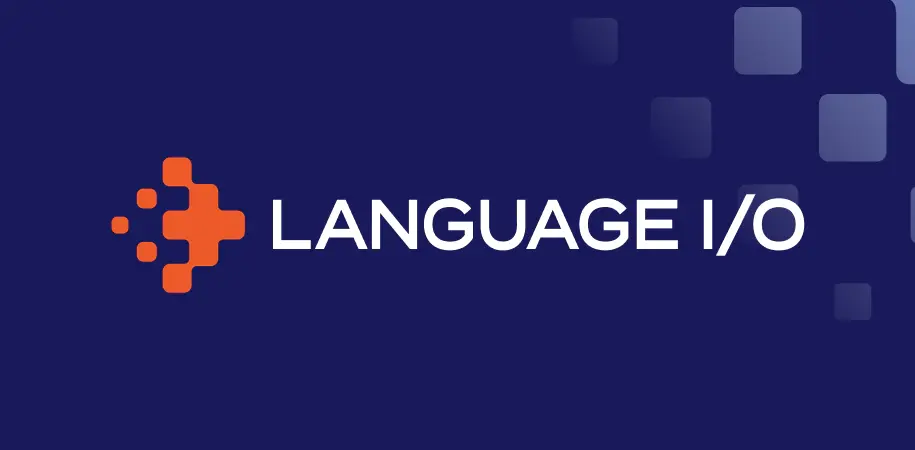
When online marketing provider, Constant Contact, wanted to branch into international markets, deciding how to provide multilingual customer support to customers was a critical component of its globalization strategy.
“When we first started with translations, we knew that we wanted to provide multilingual customer service without investing a lot of money into hiring new agents,” said Andrea Paragona, senior manager of the Knowledge Base team.
Using its extensive library of knowledge-base articles, the Constant Contact team and Language I/O got to work translating articles that would work within Salesforce, the customer relationship management system (CRM) Constant Contact uses.
“We wanted to give our clients the opportunity to try the self-help solutions first and to do that, we needed to translate those articles into their language,” Paragona said.
So far, Constant Contact is offering translations for Latin American Spanish, French and German.
“We’ve seen tremendous growth in terms of those who are using the content.”
In fact, just under 600 unique visitors viewed Constant Contact’s translated articles in January 2018 for total article views of 1,250. As they continued to translate more of their contentusing Language I/O Help for Salesforce, unique visitors for translated content increased to 4,500 and total article views increased to more than 7,000 by December 2018. That’s more than a 700 percent increase in unique visitors to translated content and a more than 550 percent increase in article views for the year. And so far, the 2019 numbers look like they’ll exceed this growth, Paragona said.
Providing self-help content was critical to successfully entering global markets. Integrating Language I/O’s solution into Salesforce was seamless and any minor issues that arose were immediately addressed.
“Working with Language I/O has been great,” Paragona said. “The Language I/O team is really responsive. In the beginning when we were just getting started and issues were bound to come up, they were there for us every time we needed anything. The relationship with Language I/O is very attractive to us.”



